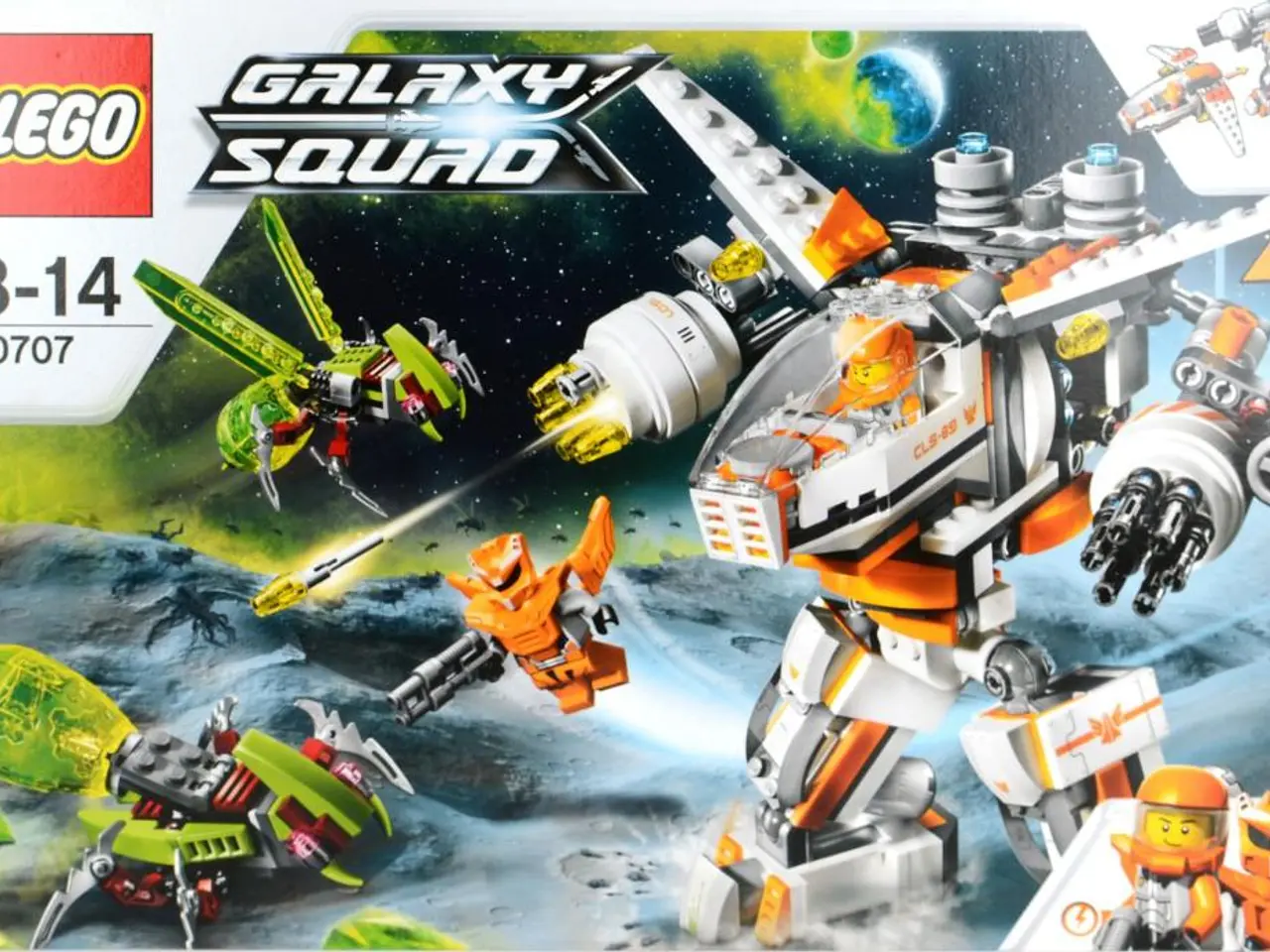Artificial intelligence innovator Elon Musk unveils 'Ani,' his new AI companion; notable AI entities in the field are...
Elon Musk's company, xAI, launched a new AI chatbot named "Ani" in mid-July 2025, but the controversy around its design and content caused a stir. The National Center on Sexual Exploitation criticized the chatbot, leading to a promise of a kid-friendly version called "Baby Grok." However, the real AI crypto sector is telling a different story.
In the world of decentralized AI (DeAI), projects like Fetch.ai (FET), SingularityNET (AGIX), Ocean Protocol, Bittensor (TAO), Render (RNDR), Internet Computer (ICP), and The Graph (GRT) have contributed to the AI crypto sector by building robust, practical, and developer-focused ecosystems that emphasize transparency, interoperability, and utility rather than hype or marketing-driven narratives.
Ocean Protocol operates a decentralized data marketplace that enables secure data sharing and monetization with privacy protections. It uses blockchain for accountability and offers extensive developer tools, facilitating integration and specialized data access for AI development. Bittensor creates a decentralized network where independent AI models communicate and collaborate, incentivizing contributions and model quality through a Proof-of-Intelligence consensus and token rewards.
SingularityNET provides a decentralized AI service marketplace where developers monetize AI and machine learning models, accessed via its native AGIX token. It supports diverse AI use cases, enabling practical applications across industries. Render offers decentralized GPU-based computing power for AI and CGI rendering, while Fetch.ai builds a decentralized infrastructure combining AI and blockchain to enable autonomous economic agents for real-world applications.
Internet Computer advances a scalable decentralized cloud computing platform supporting AI workloads with web-speed blockchain capabilities. The Graph provides decentralized indexing and querying of blockchain data to power data availability for AI applications, making on-chain data easily accessible without central intermediaries.
Together, these projects form self-sustaining ecosystems that combine AI capability with blockchain’s transparency and decentralization, supporting developer adoption and real-world AI use cases. Their focus on infrastructure, data privacy, token-incentivized collaboration, and interoperability differentiates them from hype-driven projects that often emphasize marketing without delivering practical AI innovations.
The future of decentralized AI will be shaped by projects solving tough, real-world problems. Regulators are closing in on the AI crypto space with rules like the EU's AI Act and frameworks like MiCA. Despite the challenges, the top DeAI projects are building a foundation for the future of AI, providing tools, marketplaces, and networks enabling developers and enterprises to create, distribute, and monetize AI models and data securely and collaboratively.
However, the AI crypto space is a minefield, prone to wild speculation, manipulation, and projects with flimsy tech. Hackers love complex new targets, and the opaque "black box" nature of some AI systems can make them hard to trust. AI-powered trading bots can be turned into tools for pump-and-dump schemes. The controversy around xAI's chatbot is a reminder that not all AI projects are created equal.
As the DeAI sector continues to grow and evolve, it's essential for projects to prioritize transparency, practicality, and utility to build trust and drive real-world adoption. The future of AI lies in collaboration, innovation, and a commitment to delivering value beyond hype.
- Rather than the controversy surrounding Elon Musk's xAI's chatbot, the real AI crypto sector is thriving, with projects like Fetch.ai, SingularityNET, Ocean Protocol, Bittensor, Render, Internet Computer, and The Graph contributing to the space.
- These AI crypto projects, such as Ocean Protocol and Bittensor, focus on building self-sustaining ecosystems that combine AI capability with blockchain's transparency and decentralization, facilitating developer adoption and real-world AI use cases.
- SingularityNET, for instance, provides a marketplace where developers monetize AI models, using its native AGIX token, and supports diverse AI use cases across various industries.
- Despite the challenges and potential risks, like the EU's AI Act and MiCA regulations, the top DeAI projects are building a foundation for the future of AI, offering tools, marketplaces, and networks for secure and collaborative development and distribution of AI models and data.




